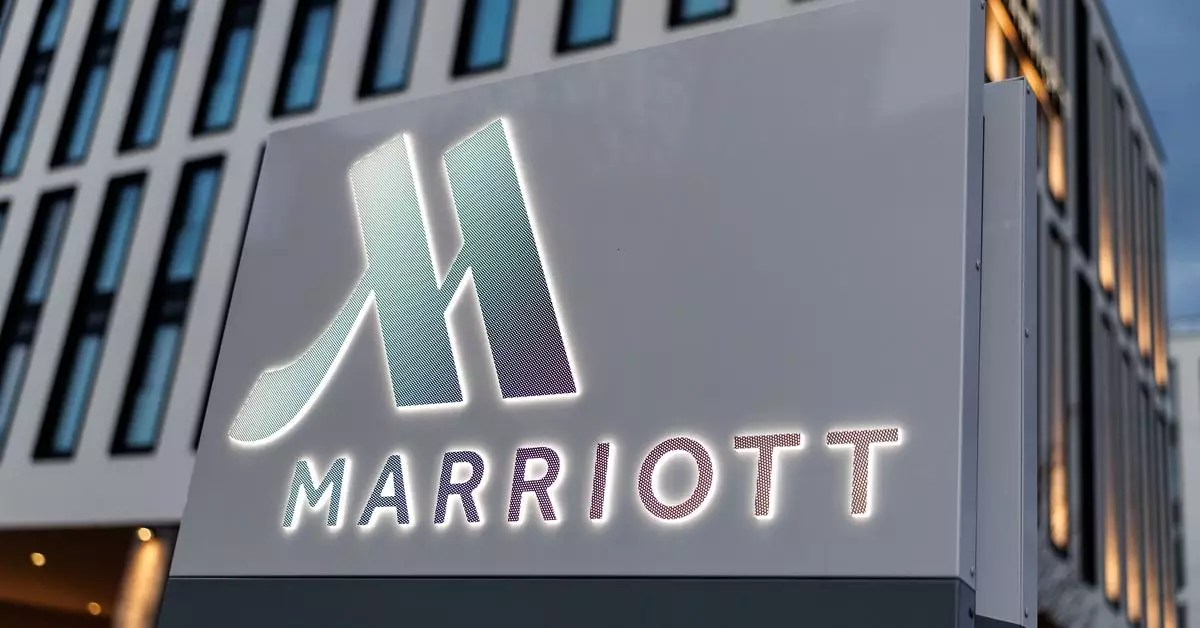In a significant regulatory move, the Federal Trade Commission (FTC) has taken a stance against Marriott International and its subsidiary Starwood Hotels, aiming to enhance the companies’ cybersecurity protocols. This decision comes in response to a series of substantial data breaches that compromised the personal information of hundreds of millions of customers across the globe. The FTC’s mandate serves not only as a reprimand but as a pivotal moment in the ongoing battle against cyber threats.
Marriott’s history with data security has been tumultuous, characterized by notable breaches occurring in 2015, 2018, and 2020 that collectively exposed sensitive details of over 344 million clientele. The ramifications of these breaches were significant, with attackers accessing a variety of personal data, including payment details and passport information. Alarmingly, one breach was left undetected for 14 months, highlighting the inadequacies of the company’s security measures at that time. With hackers continuously shifting their tactics, the hospitality industry has emerged as a prime target, as evidenced by the high-profile MGM Resorts ransomware incident that stalled operations and left guests in disarray.
The FTC’s findings indicated that Marriott’s security practices were far from robust. Criticisms included weak password management, insufficient firewall protections, and the failure to update outdated software systems—all factors that contributed to the ease with which cybercriminals infiltrated Marriott’s network. The FTC asserted that these deficiencies led to a deceptive narrative presented to consumers regarding the safety of their personal information. Such misrepresentations can significantly undermine consumer trust, an essential component of customer loyalty in the hospitality industry.
As part of the FTC’s order, Marriott has committed to vital changes designed to bolster their cybersecurity infrastructure. These include the implementation of a robust data retention policy that mandates the retention of information solely for necessary periods and transparency provisions allowing customers to request deletion of their personal data. Furthermore, the FTC has prohibited the company from misrepresenting its data handling practices, ensuring a more transparent relationship with consumers going forward.
Additionally, the settlement imposes a $52 million penalty, serving not just as restitution but as a deterrent for future negligence in data protection. Marriott is now obligated to maintain compliance documentation and will be subject to regular inspections by the FTC over the next two decades. This extended oversight reflects the seriousness of the situation and the commitment required to restore consumer confidence.
The FTC’s recent actions against Marriott present a critical opportunity for the company to rethink its approach to digital security. In a world where data breaches are becoming increasingly prevalent, it is incumbent upon organizations within the hospitality sector to prioritize and allocate sufficient resources towards safeguarding their customers’ data. As Marriott undertakes these changes, the broader sector must remain vigilant, learning from this case to strengthen their own cybersecurity efforts and foster a culture of transparency and accountability.


Leave a Reply